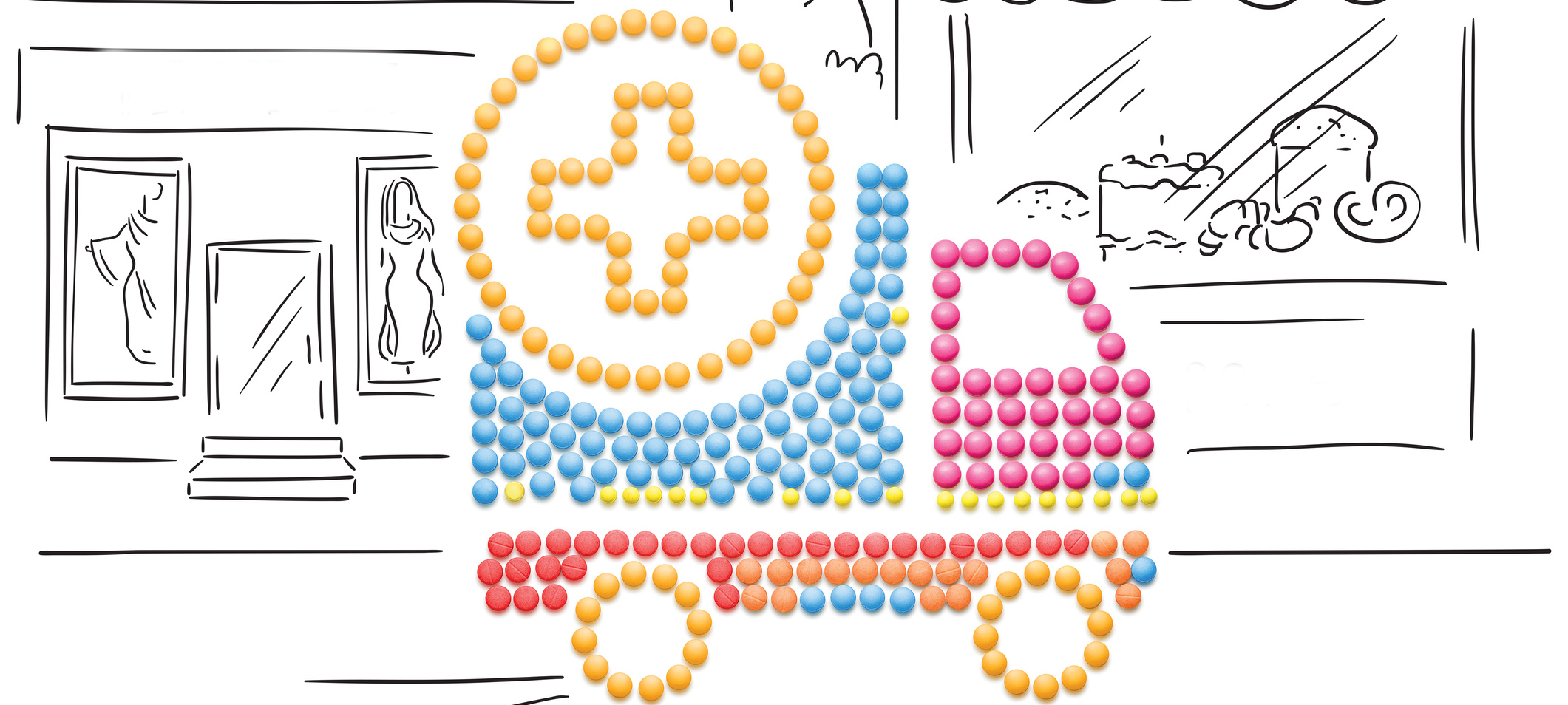23 August 2022
Hospital-on-wheels offers remote care to Sydney’s homeless population

A new mobile health clinic on the streets in Sydney is using telehealth to provide people experiencing homelessness with access to specialist care.
Being able to access hospital services outside of a hospital setting will be “game changing” for vulnerable patients who find it difficult to visit emergency rooms to receive care, Erin Longbottom, service manager of the mobile clinic, told Wild Health.
“It will really increase access to care for those who really struggle to access services in the hospital. Having state-of-the-art telehealth services and video-conferencing capacities means that patients can see a specialist sitting in a clinic while they’re in a space that they feel comfortable, I think that’s really key,” she said.
Funded by St Vincent’s Health Australia Inclusive Health Program, the vehicle features a range of equipment designed to identify and manage chronic diseases in vulnerable populations.
“There’s a huge disparity between the health of the general population and the health of people experiencing homelessness, as well as between First Nations communities who are overrepresented in homelessness as well. It is often very difficult for people [in these communities] to receive care and stay for the duration of their treatment, or access emergency care, because they don’t have good primary health care in the community.
I think what we really need to be aiming for is providing health equity, making sure that we’re examining the reasons that people can’t access care, and improving our practice in that way as well,” Ms Longbottom said.
The clinic’s services include cardiac and metabolic monitoring, covid-19 testing and vaccination, and videoconferencing for mental health sessions as well as contacting specialists for further care.
Nurse practitioners onboard the truck will also be able to write recurring prescriptions for patients who are unable or find it difficult to visit a GP.
These services will not be limited to Sydney’s homeless population, with Indigenous Australians, people from culturally diverse backgrounds and those living in social housing also eligible to receive treatment.
According to Ms. Longbottom, the main obstacle to rolling out this mobile model of care in other sectors, such as aged care and for rural and First Nations communities, is resourcing, particularly a lack of staff to run the clinics.
“I think that the clinic so far has been very well received by the community, and the only barrier we’re facing at the moment is ensuring that we’ve got enough staff to run the clinic.
“The problem really comes down to, “who’s going to run mobile clinics like this”? Who are the health staff that are going to provide the services, because we have [such a] shortage of GPs and hospital staff. The hospital system is under a huge amount of pressure at the moment, so it always come back to [a matter of] resourcing in terms of staffing,” she said.
The truck is currently on the road, focusing on inner city areas with large numbers of vulnerable people, with plans to expand services to include alcohol, drug and mental health treatment as well as access to more specialists.
“We’re looking at ways we could have a clinical space in the van where people can come in and see a pain specialist or a rehab specialist or other types of specialities [in order to] improve access to care in those ways as well,” said Ms. Longbottom.
If you’re interested in the topics of health reform and new models of care, Early Bird tickets for Wild Health’s next event, No better time to align our digital health strategy with our health reform agenda, must end September 1st. Book now to ensure you don’t miss out on discounted tickets.

